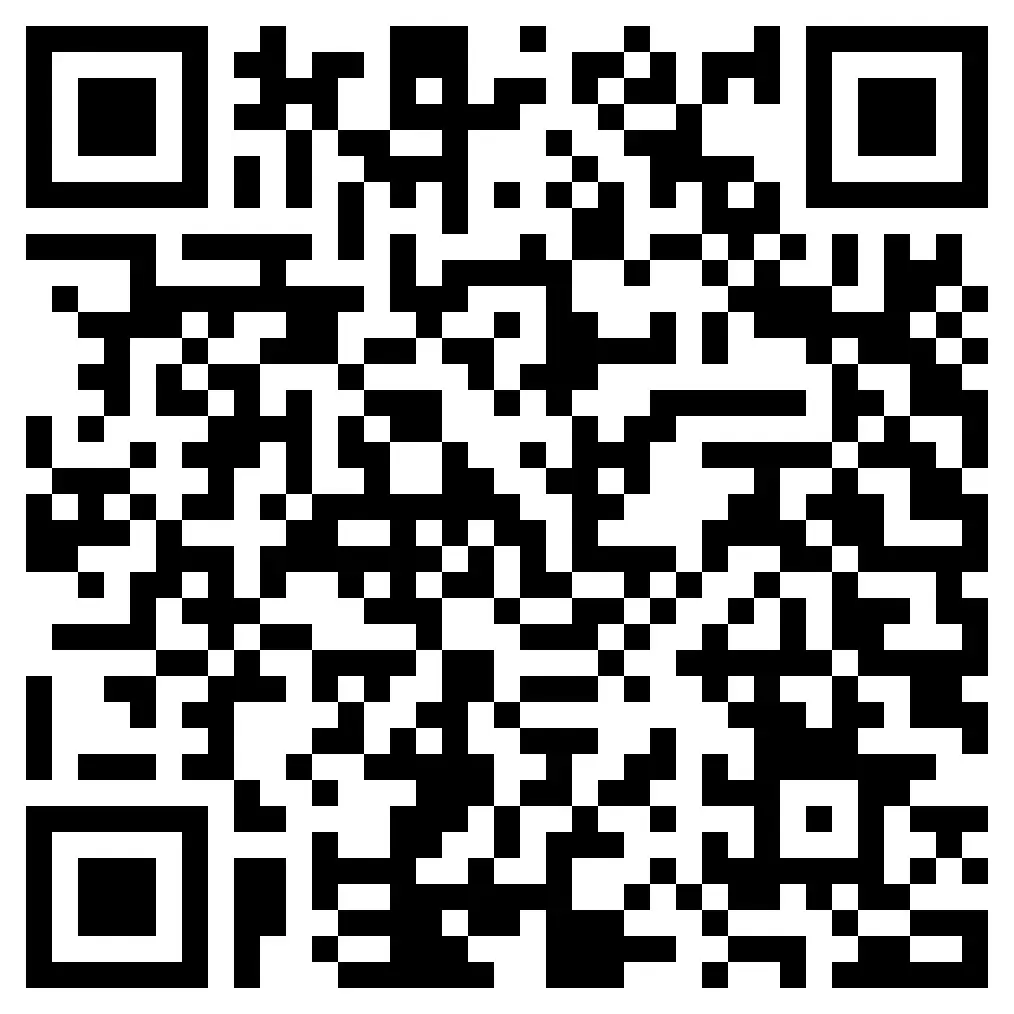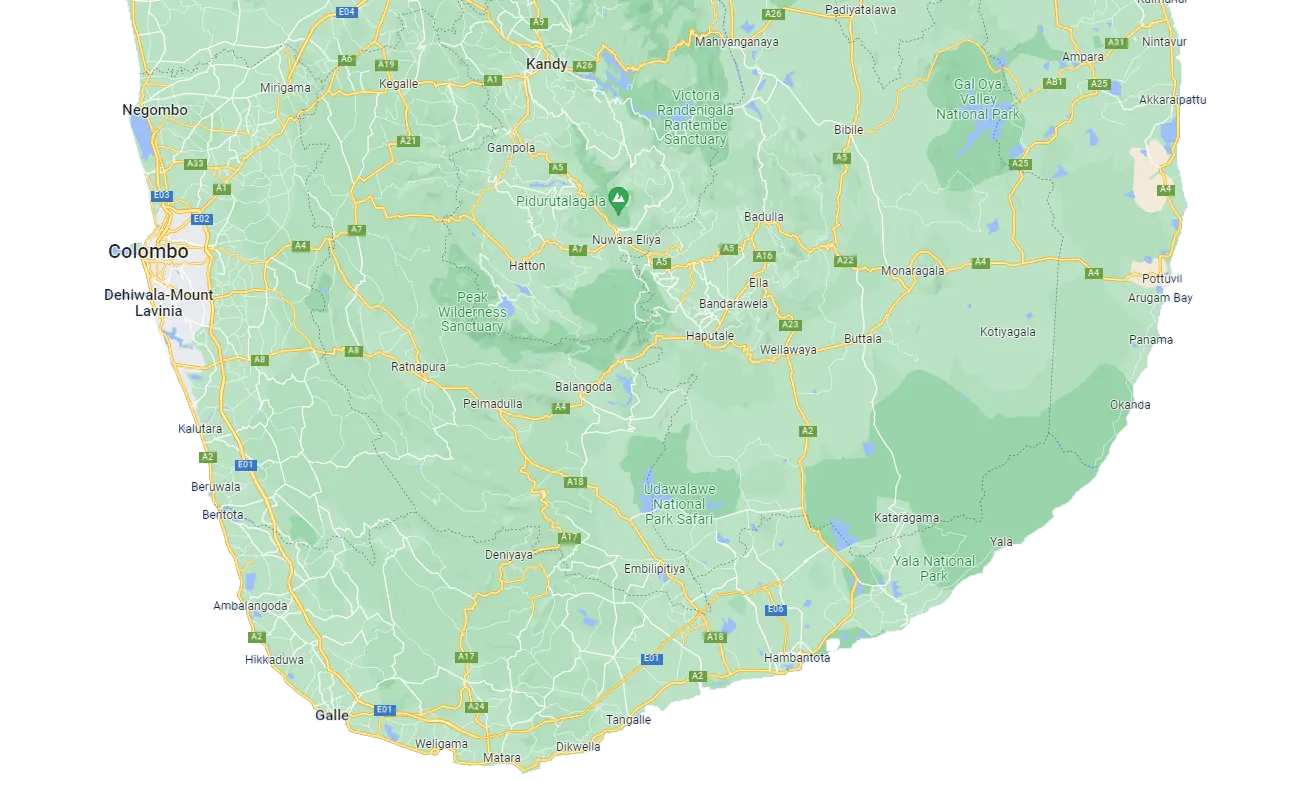Do you want to be a Citizen Scientist?
Here's what you can do.
- Make sure to keep an eye out when you are walking on the beach.
- If you see any PET bottles, take a picture of the label (Both front and back)
- Enter the details into the form using the below link.
- Everyone can take part in this project. Make sure to bookmark this page so that it’s easier to come back and submit again.
Citizen science study on transboundary marine litter in Sri Lanka
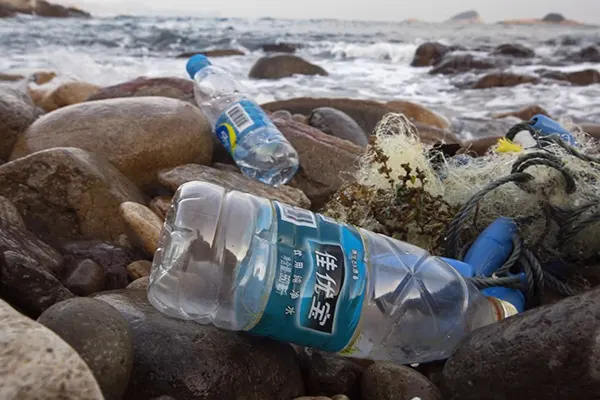 80% of marine debris is estimated to come from land-based activities. Plastic pollution is a threat to the health of marine ecosystems globally. The ubiquitous transboundary movement of plastic wastes and microplastics is cause for greater concern, as its property and durability make their particles remain in the environment for longer period. Plastic can travel great distances and land far from their sources (even in the remote areas far from obvious sources & human contact), depending on their attributes. These mentioned plastics can act as an invisible threat with multiple & distant sources, potentially harming wildlife, marine life & habitats in Marine Protected Areas, in contrast to other direct anthropogenic impacts that can be managed locally. Although this is considered as a major environmental issue at present, studies & data gathering on transboundary marine litter are scarce. Hence, this preliminary study aims to understand the distribution and accumulation of transboundary marine litter along the Western coast of Sri Lanka. The survey will be conducted by The Pearl Protectors in Partnership with Federation of Environmental Organizations.
80% of marine debris is estimated to come from land-based activities. Plastic pollution is a threat to the health of marine ecosystems globally. The ubiquitous transboundary movement of plastic wastes and microplastics is cause for greater concern, as its property and durability make their particles remain in the environment for longer period. Plastic can travel great distances and land far from their sources (even in the remote areas far from obvious sources & human contact), depending on their attributes. These mentioned plastics can act as an invisible threat with multiple & distant sources, potentially harming wildlife, marine life & habitats in Marine Protected Areas, in contrast to other direct anthropogenic impacts that can be managed locally. Although this is considered as a major environmental issue at present, studies & data gathering on transboundary marine litter are scarce. Hence, this preliminary study aims to understand the distribution and accumulation of transboundary marine litter along the Western coast of Sri Lanka. The survey will be conducted by The Pearl Protectors in Partnership with Federation of Environmental Organizations.
Objective
Key data gathered from this survey will be:
- Country/region of origin
- Composition of litter
- Ocean current behavior
- Transboundary marine litter travel time
- Manufacture & producer of surveyed litter
- Weather impact on the accumulation of litter
Furthermore, the survey intends to effectively utilize citizen science by allowing public contributions in gathering data. Final output of the survey will be an analytical report on the data collected which will be published to the public. The report intends to be used as a baseline database for subsequent surveys annually.
Project timeline
Monsoon winds play an important role generating currents waves and fluctuations on the surface temperature of the sea, specifically in the Indian Ocean, Data collection will be conducted once every month from April to December 2022, each representing a specific phase of the monsoon season. The survey will be completed in December 2022. A one page brief update on the progress will be shared with partner organizations quarterly.
Timeline of data collection as follows:
First Intermonsoon
South-West Monsoon
Second Intermonsoon
North-East Monsoon
Survey Lead
- Principal Investigator: Shalanka Ranjula
- Survey Advisory: Muditha Katuwawala, Amila Sumanapala
- Project Coordinator (back office): intern position
- Research Assistants: 9 positions designated for each survey station
Sampling stations
- Point 1- Negombo
- Point 2 - Dungalapitiya
- Point 3 - Uswatakeiyawa
- Point 4 - Wellawatta
- Point 5 - Dehiwala
- Point 6 - Egoda Uyana
- Point 7 - Wadduwa
- Point 8 - Kalutara
- Point 9 - Maggona
Citizen science data gathering
The survey will gather data through an extensive citizen scientist programme which intends to involve students from the academia, coastal communities and beach goers. An easy access online data gathering mechanism along with database will be established as part of the survey.
Citizen scientist Ranking
We recognize the top survey contributors



The Team

Shalanka Ranjula
Project Lead

Bimali Keerthisinghe
Project Assistant
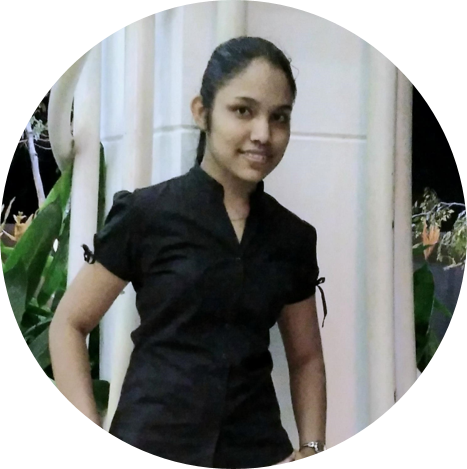
Dimashi Sathsara
Research Assistant

Dineshi Gunawardana
Research Assistant
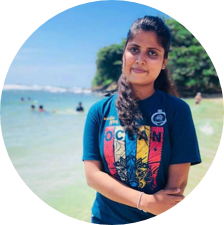
Hashani Senavirathna
Research Assistant

Isuru Kularathna
Research Assistant

Lochana Amandi
Research Assistant
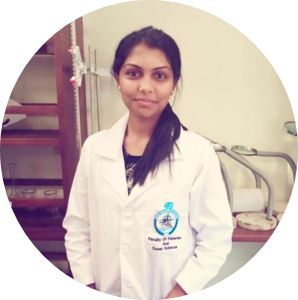
Rashmi Bandara
Research Assistant

Shalini De Silva
Research Assistant
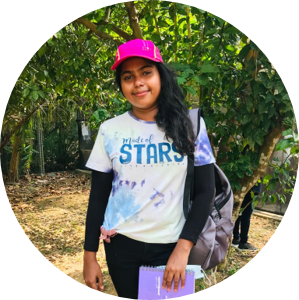
Suyama Sanjunee
Research Assistant

Vishadi Wijenayake
Research Assistant

